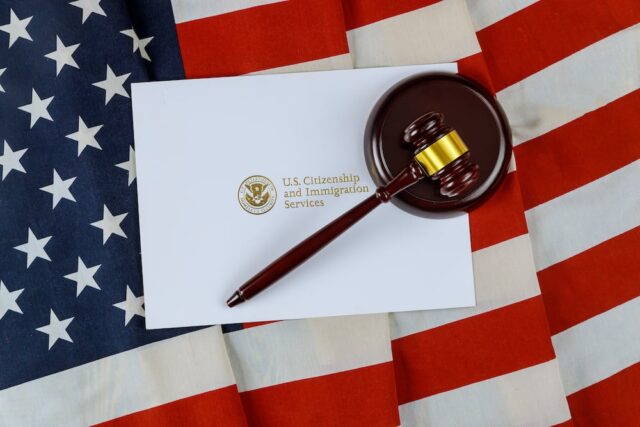If you recently married a United States citizen or permanent resident, you may have a path toward obtaining a green card. With a green card, you may essentially be granted permanent residency in the country. However, certain conditions may come along with this. With all that said, please follow along to find out how to get a 10-year green card through marriage and how one of the proficient green card lawyers at Lupton Law LLC can help you apply and reapply for this status.
How can I get the 10-year green card through marriage?
Of note, when you first marry a United States citizen or permanent resident, you may be issued a two-year green card. This is otherwise known as a temporary green card that has imposed conditions. Within 90 days of its set expiration date, you may then apply for the 10-year green card. This is also commonly referred to as the permanent residency card.
The first step of the 10-year green card application process is submitting Form I-751, Petition to Remove Conditions on Residence, with the United States Citizenship and Immigration Services (USCIS). The final step is to attend an interview. Essentially, this is a marriage interview that confirms that your two-year marriage to a U.S. citizen or permanent resident has been authentic thus far. In other words, it is reassurance that you are seeking permanent residence in the country for the right reasons.
How many times can I reapply for the 10-year green card?
As the name suggests, your 10-year green card may be valid for 10 years. A few months before it is set to expire, you may reapply for it. Notably, there is no limit to the amount of times you can go through this reapplication process. This varies greatly from the two-year green card, which you cannot even reapply for once.
However, a more traditional route such green card holders pursue is applying for citizenship status in the United States instead. This is because, to put it simply, citizens may be afforded more rights than permanent residents. Below are more specific examples of this:
- Permanent residents may be unable to run for elected offices.
- Permanent residents may be unable to vote in federal, state, and local elections.
- Permanent residents may be unable to obtain a passport from their country of citizenship.
- Permanent residents may be unable to work in federal or government employment positions.
- Permanent residents may be limited in the type and amount of federal benefits they can access.
- Permanent residents may have a lower priority for sponsoring family members for permanent residency or citizenship.
If you have gotten this far, we now ask you to reach out to one of the talented green card lawyers to schedule an initial consultation. Overall, we strongly encourage you to retain legal representation from Lupton Law LLC for your upcoming immigration petition.



